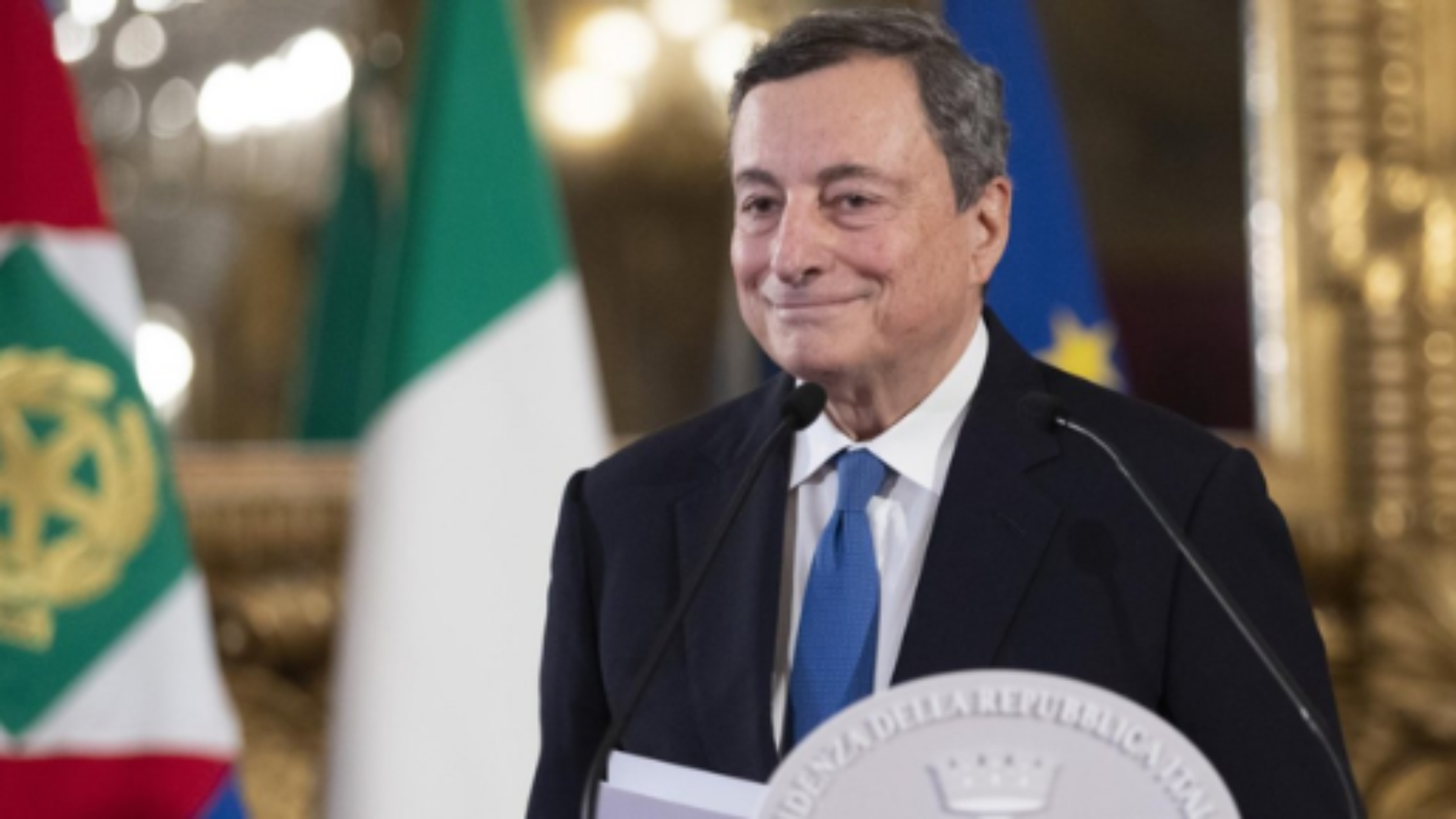Draghi: Italy will double its doctoral grants
The Italian PM, on visiting the Gran Sasso Research Institute last February 21, said Italy will double its PhD grants, Corriere della Sera reports.
The number of PhD students in Italy allegedly has dropped by 40% between 2008 and 2019. “To reverse this trend, we are doubling the number of doctoral grants, from the current 8-9 thousand a year to 20 thousand, and increasing the amounts [PhD students will receive]. We [will] finance about 2,000 new young researchers’ projects on the model of European calls. And we [will] reform PhDs to enhance the title even outside the academic career, and form high-profile skills in the main technological areas”.
The Italian PM focuses on the “growth of the Country” in order to oppose the ongoing brain drain.
“Today we are confronted with anti-scientific impulses, which aim at the delegitimisation of individual scientists or their institutions. We must defend them and we must cultivate scientific culture, promote its central role in society”. A commitment that the premier intends to maintain also thanks to the funds of the PNRR. “With the National Recovery and Resilience Plan, we are investing more than 30 billion in education and research. We [will] finance up to 30 innovative infrastructure projects of European significance. Over the next four years, we [will] devote EUR 6.9 billion to basic and applied research. In December [2021] we published calls […] for a total of about 4.5 billion euros”, the PM added.
In order to be accepted on a PhD course, a candidate will need to pass a competitive application process, which is also available for students who have obtained their qualifications outside of Italy. Institutions will advertise doctoral opportunities (in both English and Italian) in various places. Check, for example, FindAPhD.
- Academic documentation – this includes certificates (which you need to have acquired recognition for), academic transcript and / or CV
- Academic references – reference letters are usually require from one or two academics that have worked with you
- Letter of motivation / personal statement – this document will need to outline your motivation for applying, your goals and why you believe to be suitable for the programme
- Research proposal – you may be required to submit a research proposal even if you are applying for a particular project
- Language certificate
Photo credits: La Presse


Add a Comment